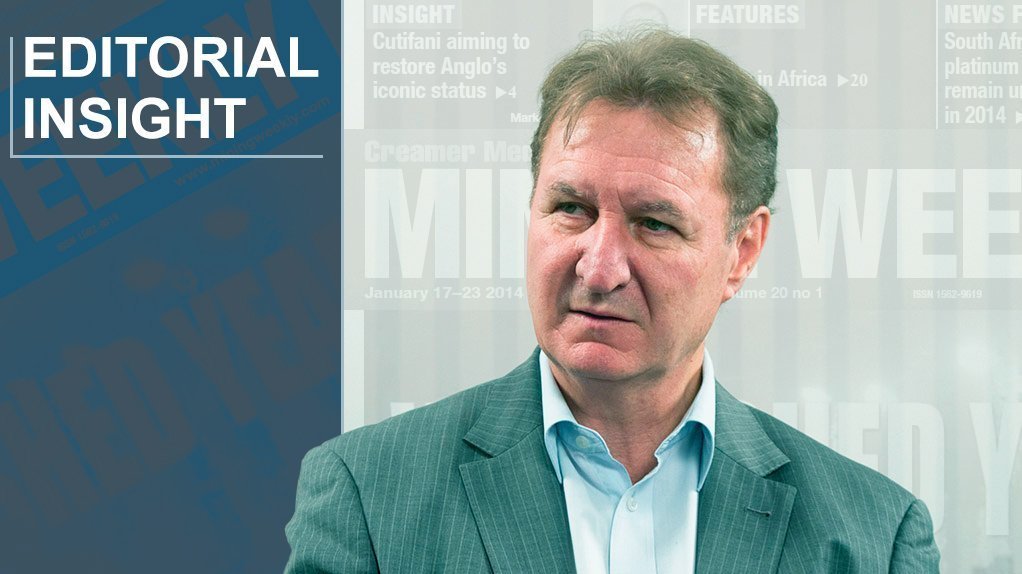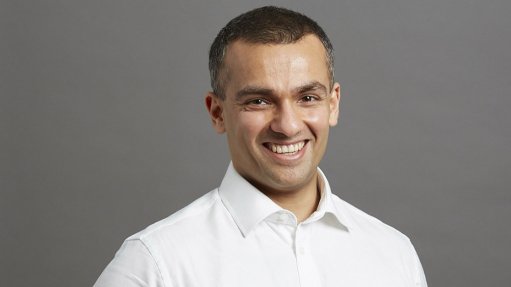Huge economic opportunity presented by essential need to mitigate climate change
How much will it cost to save the planet? An estimate from Morgan Stanley says it will take $50-trillion to stop global warming by 2050, with renewables requiring an investment of $14-trillion to deliver some 80% of global power by 2050, up from 37% today.
South Africa needs to look responsibly at these statistics because the latest Integrated Resource Plan is inadequate when it comes to solar’s scope, which is worsened still further by the National Energy Regulator of South Africa’s (Nersa’s) insistence that solar projects be restricted to 10 MW bite sizes.
There are so many aspirant solar power generation companies that want to go beyond 10 MW and Nersa is holding back economic growth by stopping them.
Immediate public–private moves need to be made to facilitate hydrogen infrastructure to get fuel cell vehicles and stationary power stations into play.
Buses are a good start, taxis and trucks another and then it can cascade down to cars, mines, factories, offices and homes. Technology has rendered hydrogen as transportable and tradable as oil and also oil-like in that it can use existing oil infrastructure.
The Morgan Stanley report says that hydrogen, which can help provide clean fuel for power, cars and other industries, will require some $20-trillion in cumulative investments to help make the gas, increase capacity to power plants and manage its storage.
South Africa has the platinum for fuel cell electric vehicles, which are the only route to zero emission and this country should partner with existing electric fuel cell vehicle makers in the same way the state of California has done in the US.
The fuel cell vehicles use hydrogen, produced with the help of the sun and the wind, to introduce clean road and sea transport.
Without distinguishing between battery electric vehicles, which do not guarantee emission-free driving, and fuel cell electric vehicles, which do, the Morgan Stanley report estimates that $11-trillion will be needed to build more factories and facilitate the switch to electric vehicles, the total number of which could grow to nearly 950-million by 2050.
To reduce net carbon emissions to zero and meet the Paris Agreement’s goal, Bloomberg and Morgan Stanley estimate that the world will have to eliminate 53.5-billion metric tonnes of carbon dioxide each year.
Going beyond a temperature rise of 2 ºC could result in a loss of $10-trillion to $20-trillion in global gross domestic product by 2100, Morgan Stanley warns.
When it comes to hydrogen, companies to link up with include Siemens, Air Liquide and Alstom and very prominent in California when it comes to hydrogen fuel cell electric vehicles are Toyota, Honda and Hyundai.
South Africa needs to do the right thing by striking up domestic and foreign private and public climate-positive partnerships with enthusiasm and vigour.
Comments
Press Office
Announcements
What's On
Subscribe to improve your user experience...
Option 1 (equivalent of R125 a month):
Receive a weekly copy of Creamer Media's Engineering News & Mining Weekly magazine
(print copy for those in South Africa and e-magazine for those outside of South Africa)
Receive daily email newsletters
Access to full search results
Access archive of magazine back copies
Access to Projects in Progress
Access to ONE Research Report of your choice in PDF format
Option 2 (equivalent of R375 a month):
All benefits from Option 1
PLUS
Access to Creamer Media's Research Channel Africa for ALL Research Reports, in PDF format, on various industrial and mining sectors
including Electricity; Water; Energy Transition; Hydrogen; Roads, Rail and Ports; Coal; Gold; Platinum; Battery Metals; etc.
Already a subscriber?
Forgotten your password?
Receive weekly copy of Creamer Media's Engineering News & Mining Weekly magazine (print copy for those in South Africa and e-magazine for those outside of South Africa)
➕
Recieve daily email newsletters
➕
Access to full search results
➕
Access archive of magazine back copies
➕
Access to Projects in Progress
➕
Access to ONE Research Report of your choice in PDF format
RESEARCH CHANNEL AFRICA
R4500 (equivalent of R375 a month)
SUBSCRIBEAll benefits from Option 1
➕
Access to Creamer Media's Research Channel Africa for ALL Research Reports on various industrial and mining sectors, in PDF format, including on:
Electricity
➕
Water
➕
Energy Transition
➕
Hydrogen
➕
Roads, Rail and Ports
➕
Coal
➕
Gold
➕
Platinum
➕
Battery Metals
➕
etc.
Receive all benefits from Option 1 or Option 2 delivered to numerous people at your company
➕
Multiple User names and Passwords for simultaneous log-ins
➕
Intranet integration access to all in your organisation




















